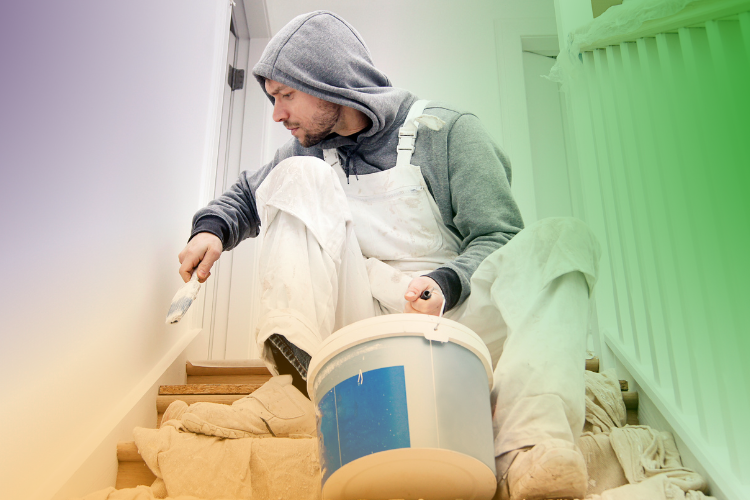In the UK, there are no specific qualifications required to become a painter and decorator. However, many professionals in the field choose to pursue training or certification to enhance their skills and credibility with potential clients.
To work as a professional painter and decorator, there are no specific mandatory qualifications required in the UK. However, obtaining relevant qualifications can demonstrate your skills, knowledge, and commitment to the profession. Here are some qualifications that painters and decorators in the UK often pursue:
-
City & Guilds Certificates:
- Level 1 Certificate in Painting and Decorating.
- Level 2 Diploma in Painting and Decorating.
- Level 3 Diploma in Painting and Decorating.
-
NVQ (National Vocational Qualification):
- NVQ Level 2 in Decorative Finishing and Industrial Painting Occupations.
- NVQ Level 3 in Decorative Finishing and Industrial Painting Occupations.
-
Construction Skills Certification Scheme (CSCS) Card:
- The CSCS card demonstrates your competence and qualifications in the construction industry. There are specific cards available for painters and decorators, such as the Skilled Worker (Blue) card.
-
Apprenticeships:
- Completing an apprenticeship is an excellent way to gain practical experience and formal training in painting and decorating. Apprenticeships combine on-the-job training with classroom-based learning and can lead to recognized qualifications.
-
Diplomas and Certificates from Training Providers:
- Various training providers offer specialized diplomas and certificates in painting and decorating. These courses may cover different aspects of the trade, such as surface preparation, wallpapering, decorative techniques, and health and safety.
-
Health and Safety Certifications:
- It is essential to have knowledge of health and safety practices in the painting and decorating industry. Courses such as the Construction Skills Certification Scheme (CSCS) Health and Safety Test can provide relevant certifications.
-
Continuing Professional Development (CPD):
- Participating in CPD activities, such as workshops, seminars, and industry events, can help you stay updated with the latest techniques, products, and regulations in the painting and decorating field.
While these qualifications and certifications can enhance your professional credentials as a painter and decorator, practical experience, a portfolio of work, and a strong work ethic are also highly valued in the industry. Building a good reputation and maintaining high-quality workmanship are crucial for success in the field of painting and decorating.
